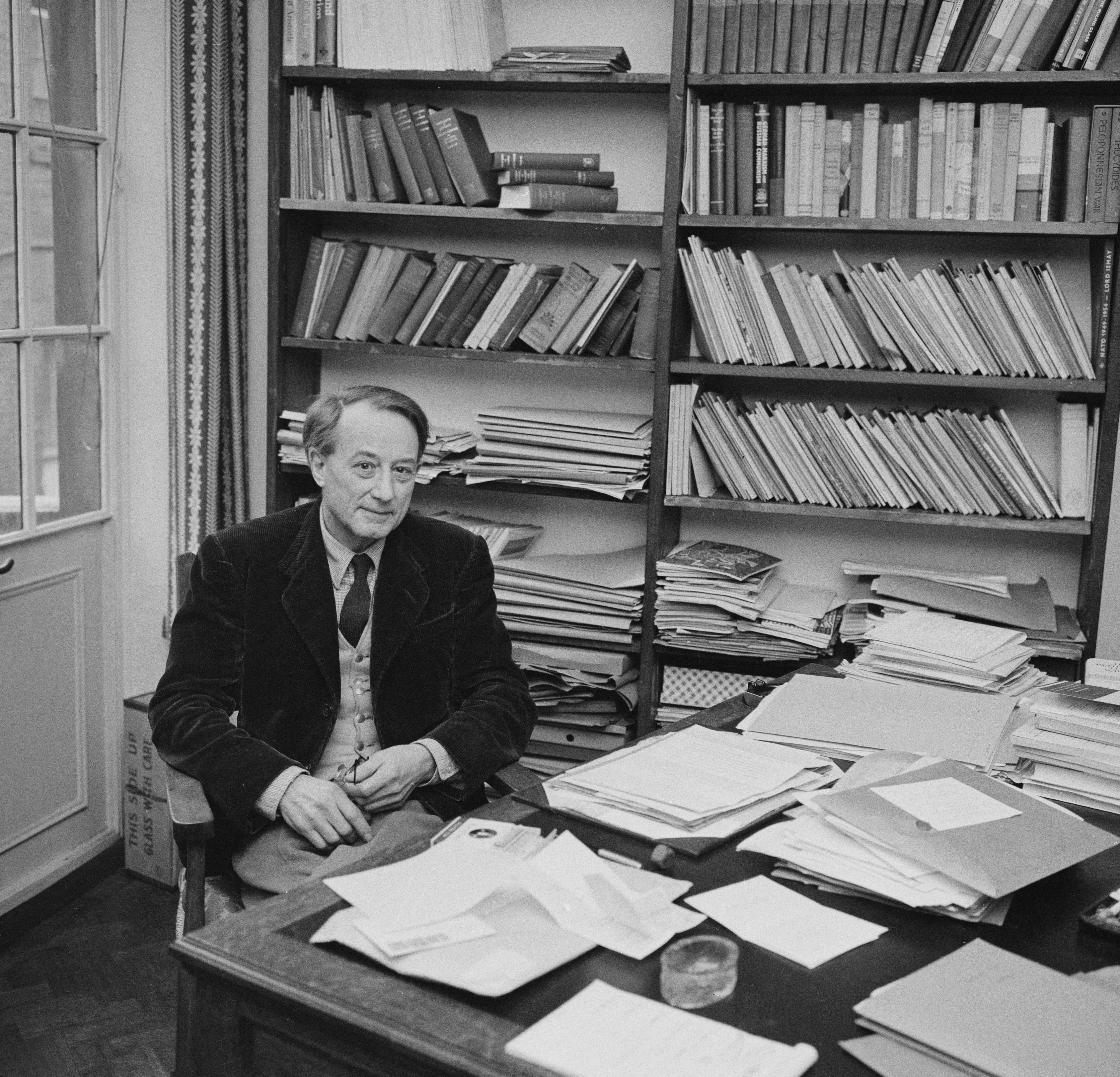Liberty Matters
Common Purpose in Oakeshott: the University, Liberal Education and Civil Association

Elizabeth Corey's lead Liberty Matters essay and the initial responses to it all appreciate that the university and liberal education as understood by Michael Oakeshott are worth preserving. But they disagree about the extent to which the university qualifies as civil association, and the best ways to protect liberal education and the university.
Corey recommended protecting liberal education by understanding the university not as an enterprise association, but instead as civil association: lacking its own purpose, civil association allows room for liberal education to be one of the multiple diverse ends possible within it.
My response argued that Oakeshott's texts do not support understanding the university as civil association. The texts do, however, seem to admit interpretations of 'common' and 'purpose' that would permit recognizing definitive purposes for civil association and liberal education as well as for enterprise associations. If 'purpose' includes function, and 'common' is understood distributively rather than collectively, then the purpose of civil association might be, roughly, 'specifying authoritative meta-norms for all other practices'. The purpose of liberal education could be, roughly, 'facilitating the self-understanding of individual persons'. And the purpose of the enterprise association university could be to provide a framework for liberal education. Having definitive purposes, each would be easier to understand and to defend.
Ella Street also highlighted the importance of common purpose, and rejected identifying the university as civil association. Invoking an Aristotelian concept eschewed by Oakeshott, she argued that the essential purpose of the university, however it is defined, must be confidently recognized for the university to be properly described, defended or conducted. Oakeshottian liberal education might be more popular than supposed; in any case, it is important to acknowledge the ideal.
Eric Kos praised Corey's model of the university as civil association as 'an accommodationist... solution' to the problem of threatened liberal education, especially for larger institutions. But recognizing that universities are fundamentally voluntary enterprise associations, he recommended preventing their corruption by explicitly recognizing learning as their purpose.
According to Oakeshott, learning is the "price of the intelligent activity which constitutes being human..." [VLL 5]. It "... is something which each of us must do and can only do for ourselves... each is what he learns to become." [VLL 6] The university is an important locus for liberal learning, which "is learning to respond to the invitations of the great intellectual adventures in which human beings have come to display their various understandings of the world and of themselves." [VLL 22]
Oakeshott responded to the invitations both as a serious philosopher and as an exemplary teacher. I can attest to his being an enthusiastic intellectual adventurer, having had the great good fortune to work with him for six years as his last PhD student and his academic colleague at the London School of Economics. He actively defended liberal education and the university with his writings and with the way he lived his life.
Liberal education and the proper purpose of the university need support. Opposition to them is potentially fortified when false assumptions, inaccurate descriptions and ambiguous defenses are allowed to go unchallenged. Especially in the face of hostile circumstances, it may be tempting to try swaying opinion in their favor by disguising or understating what typically makes them unpopular. But however effective that may seem in the short run, concealing the truth seldom succeeds. Liberal education and the proper purpose of the university merit correct identification and explicit defense.
References
- Oakeshott, Michael (2001 [1989]). The Voice of Liberal Learning ('VLL'). Indianapolis: Liberty Fund.
Copyright and Fair Use Statement
“Liberty Matters” is the copyright of Liberty Fund, Inc. This material is put on line to further the educational goals of Liberty Fund, Inc. These essays and responses may be quoted and otherwise used under “fair use” provisions for educational and academic purposes. To reprint these essays in course booklets requires the prior permission of Liberty Fund, Inc. Please contact oll@libertyfund.org if you have any questions.